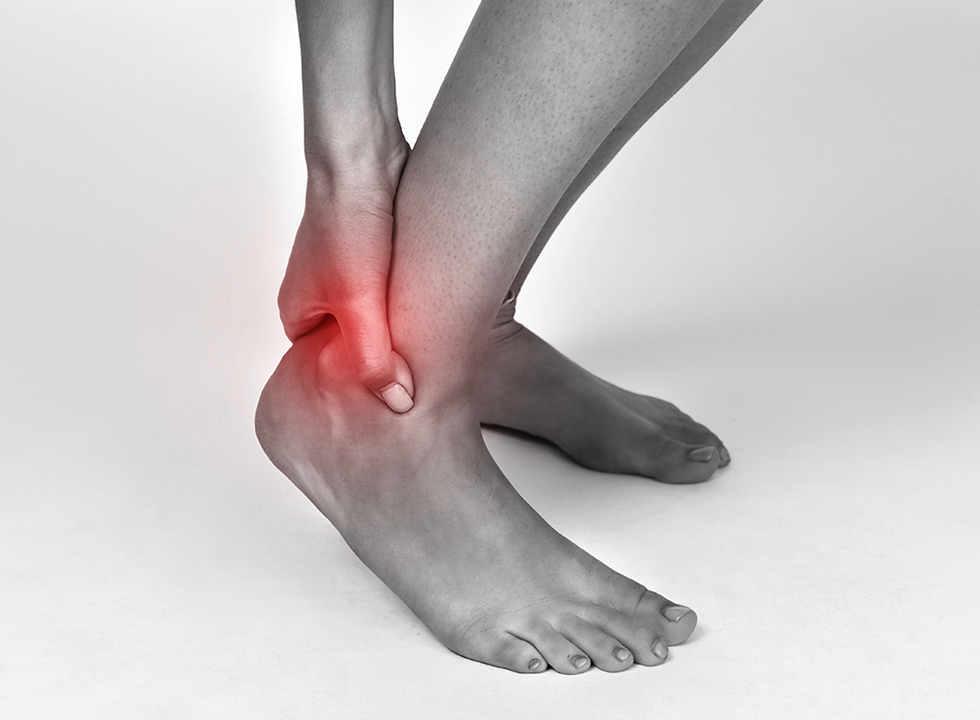MCL and LCL: The Ins and Outs of a Knee Injury
- E-Young Khoo
- Apr 18, 2023
- 3 min read
Medial collateral ligament (MCL) and Lateral Collateral Ligament (LCL) injuries are a common type of knee injury that occur when the MCL/LCL, two of the four main ligaments in the knee, is stretched or torn. If you have suffered an MCL or LCL injury, physiotherapy can play a crucial role in helping you make a full recovery.

What is an MCL Injury?
The MCL is a band of tissue that runs along the inside of the knee and helps to stabilize the knee joint. An MCL injury can occur as a result of a direct blow to the outside of the knee, such as a fall or a collision, or from a sudden twisting motion.
What is an LCL Injury?
The LCL is a band of tissue that runs along the outside of the knee and helps to stabilize the joint. An LCL injury can occur as a result of a direct blow to the inside of the knee, such as a fall or a collision, or from a sudden twisting motion.
Symptoms of MCL and/or LCL Injuries
The symptoms of an MCL/LCL injury can range from mild to severe, and can include pain, swelling, and instability in the knee. In severe cases, you may also experience difficulty walking or putting weight on the affected knee.
How Physiotherapy Can Help
Physiotherapy can play a crucial role in helping you recover from an MCL/LCL injury and regain full function in your knee. Our physiotherapists can help you manage your symptoms, reduce pain and swelling, and regain strength and stability in the affected area.
One of the key components of physiotherapy for MCL injuries is the use of manual therapy techniques. This can include joint mobilization, soft tissue mobilization, and massage to help reduce pain and swelling, and improve range of motion.
Another important aspect of physiotherapy is the use of exercises to help you regain strength and stability in the affected area. Our physiotherapists can prescribe specific exercises that target the muscles and tendons around the knee. These exercises will help you regain normal function and prevent future injuries.
In addition to these manual therapy techniques and exercises, your physiotherapist may also use modalities such as heat or ice therapy, ultrasound/Shockwave, and electrical stimulation to help manage pain and swelling.
Rehabilitation and Return to Sport
After an MCL/LCL injury, it's important to follow a comprehensive rehabilitation program to help you make a full recovery and prevent future injuries. This may include a gradual return to physical activity and sport, under the guidance of a physiotherapist.
Our physiotherapists can work with you to develop a customized rehabilitation program that takes into account your specific needs and goals. This may include a combination of exercises, manual therapy, and other treatments to help you regain full function in your knee and return to your desired level of physical activity.
Prevention is Key
In addition to treatment, it's also important to take steps to prevent future MCL/LCL injuries. Our physiotherapists can provide you with tips and strategies to help you prevent MCL and LCL injuries, such as incorporating stretching and strengthening exercises into your routine, wearing proper footwear, and gradually increasing your physical activity.
MCL and LCL injuries can be a frustrating and painful experience, but with the help of physiotherapy, you can make a full recovery. Our physiotherapists can help you manage your symptoms, reduce pain and swelling, and regain strength and stability in the affected area. If you have suffered an MCL and/or an LCL injury, don't wait to seek treatment. Contact one of our fantastic physiotherapists today to start your journey to recovery.



Comments